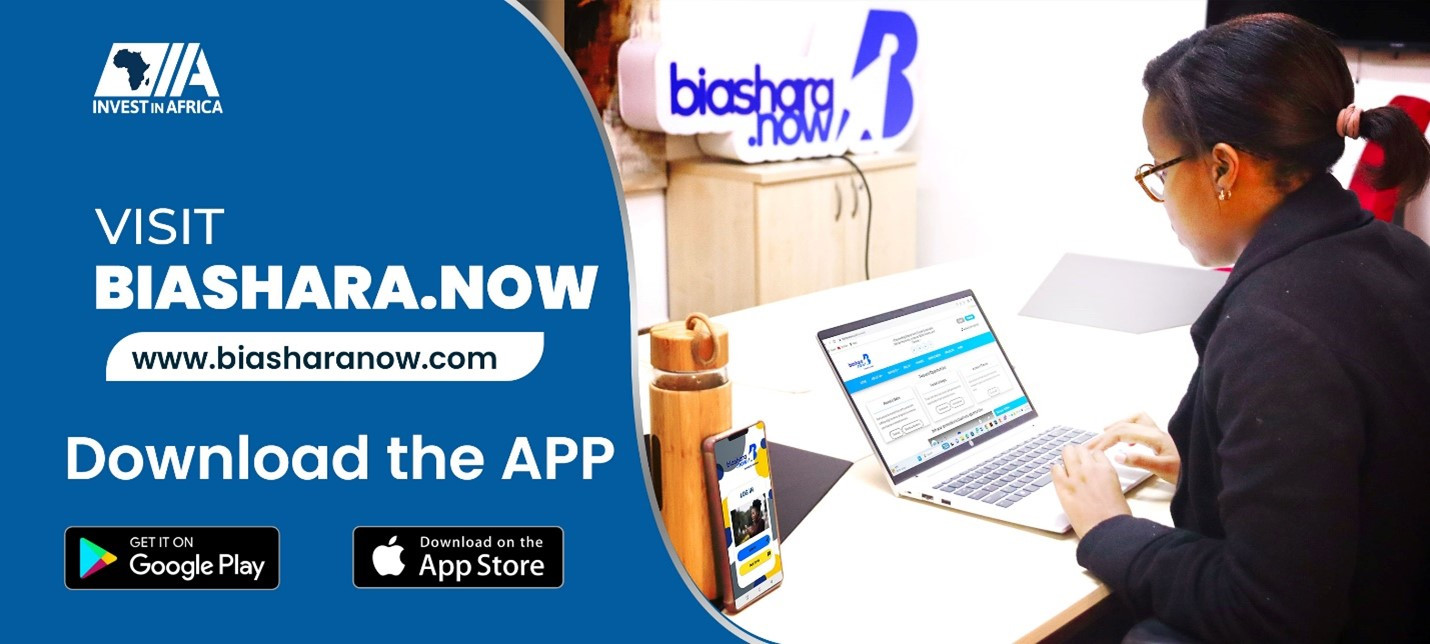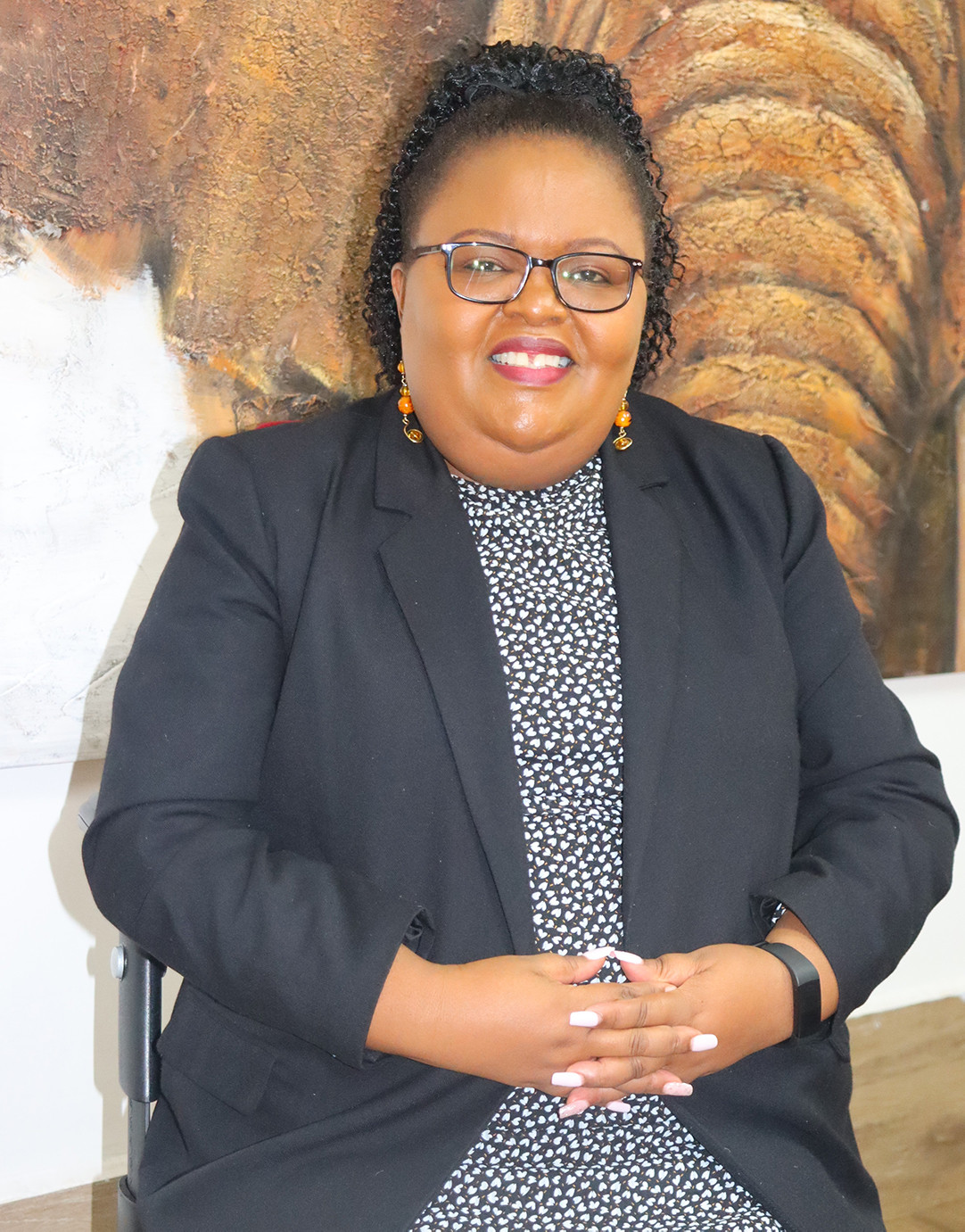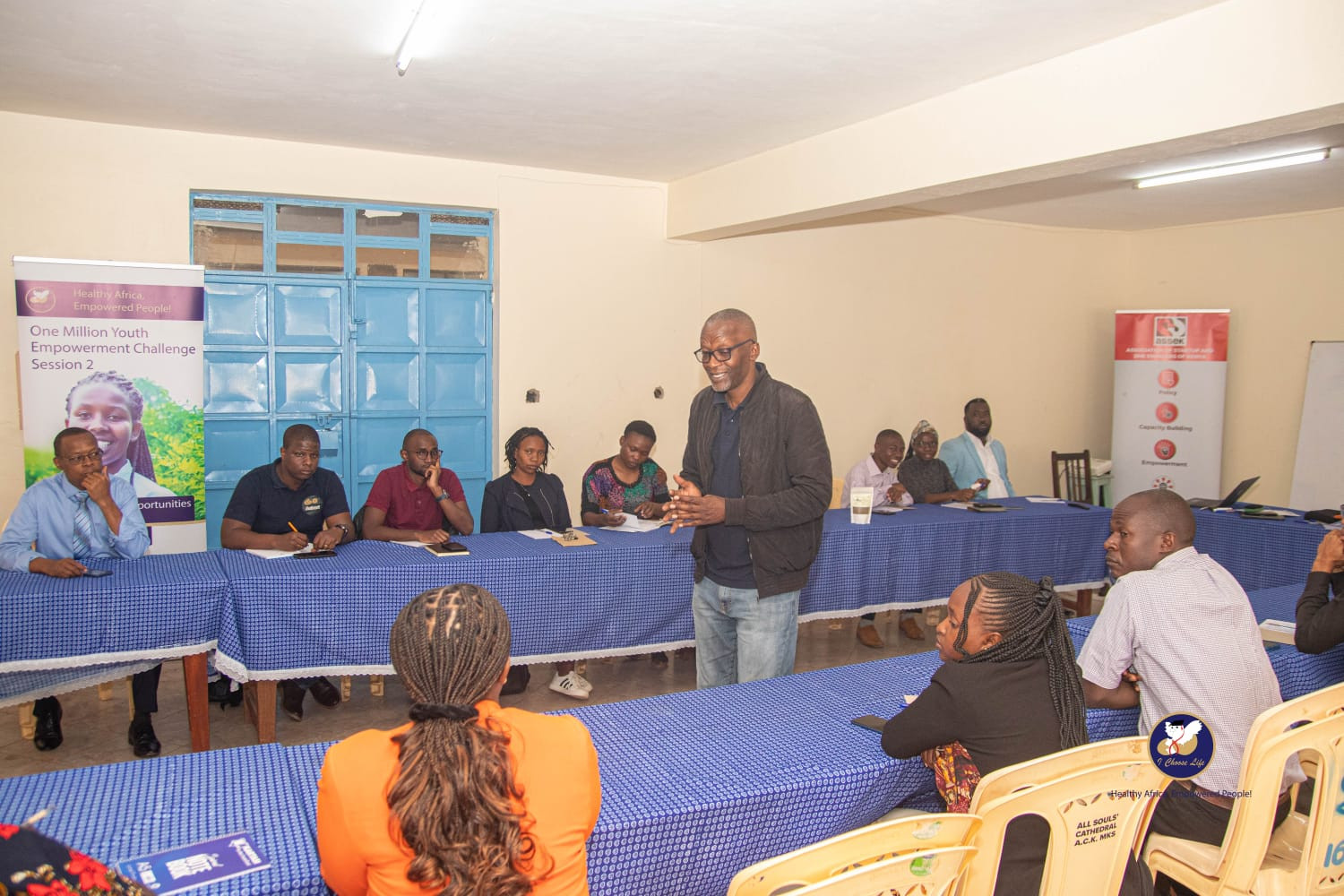We Need a Cohesive and Coordinated Approach to Building MSME Resilience

Kenya’s economy is largely driven by Micro Small and Medium Enterprises (MSMEs) and an informal sector that accounts for over 80% per cent of the total workforce. SMEs employ about 85% of Kenyan labour force which is close to 7.5 million aggregate employment (Gure & Karugu, 2018). MSMEs utilize locally accessible resources, foster innovation, employ technology, assemble small-dispersed private savings, and foster entrepreneurship development. They are key to not only driving industrialization as envisaged in Vision 2030 but are also crucial in achievement of the Sustainable Development Goals (SDGs) geared towards improved, equitable and sustained human development.
The impact of the COVID-19 pandemic on MSMEs has been immediately very detrimental and will continue to reverberate over a long recovery phase. Multiple factors ranging from direct and indirect human health outcomes, disruption on supply chains, massive lay offs, decreased air freight services and limited outbound air freights continue to be felt as the country braces for the fourth wave of the predominant Delta variant. In the service industry, the drop in customers means no cash coming in to offset expenses and therefore a looming shut down and lay off of thousands of businesses and their employees will have ripple effects on clients, vendors, tertiary businesses, and the overall national economy. Service providers such as restaurants have been closed or switched to only take-away services, which has had direct and notable loss of income to the agricultural and transportation sector as well. In some parts of the country, gyms, daycare centers, hair salons and spas, retailers etc. have also shut down or operated on quarantine sensitive timeframes and social distancing in compliance to Ministry of Health recommendations. The COVID-19 pandemic while often referred to as an unprecedented crisis has been a low probability high impact predicted event among scientists including infectious disease investigators. The pandemic has tested national level response capacity and will demand a robust recovery strategy that is cognizant and responsive to capacity to build back better in the face of disasters.
As the cost in estimate the loss of lives and livelihoods continues to mount, it is very clear that the pandemic will affect the MSME ecosystem in an unprecedented way. At a macro level, The World Bank, cut Kenya’s 2021 economic growth projections to 4.5% compared to the previous projection of 6.8% growth which was to be the fastest in Africa, due to the impacts of COVID-19. This points to the need for MSME ecosystem stakeholders to act with a sense of urgency in protecting MSMEs from further impact, as well as buffer them from ongoing and future disasters which will have compounding shocks on the system. Historically, consideration of disaster impacts on MSMEs has not been prioritized as a business survival and continuity imperative. The approach to risk and disaster management has been reactive, short term and extrinsic to MSME sustainability and growth. A systematic approach that is comprehensive in considering and investing in risk and disaster management as a strategic, proactive imperative has been underscored during COVID—19.
The role of government as we contend with the complex issues and uncertainty in an already fragile business environment, supporting MSMEs to build back better will be key not only due to the COVID-19 pandemic but in how they address emerging and existing risks and disasters including cyber security and climate change generated disasters. It is incumbent on the government and all its partners to lay focus and take action through sustainable risk resilience measures to minimize the impacts on lives and livelihoods.
An opportunity to integrate a risk and disaster management approach as an integral component of MSME development and sustainability model exists and should be leveraged. This approach through a development lens requires the collective engagement of public and private sector, development actors, academia, and the public in general as a collective taking into consideration risk and disaster management.
As Kenya grapples with the ongoing pandemic demands, specific sectors can be leveraged during the response and recovery phase to establish a foundation for MSME resilience. Kenya should leverage on its ICT capacity to make use of early warning systems and fully integrate risk modelling in its economic planning. Factoring risk and disaster impacts into decision making processes and cost benefit analysis stands to offer the MSME ecosystem a tangible motivation for investing in preparedness and mitigation processes and infrastructure. The use of science and technology to guide development discussions and strategies will bring on board the much-needed real time data, allowing for detailed and realistic implementation plans. Further, engaging with the science and technology community will foster a culture of solid vulnerability assessments, as well as evaluation and monitoring mechanisms which are an imperative for sustainable MSME development initiatives.
The role of government and disaster governance cannot be underestimated. A quintessential role of government is in protecting its citizens and institutions especially when their resource is depleted or overwhelmed. In May 2020, the government of Kenya unveiled Ksh 53.7 billion economic stimulus package that included a Ksh 3 billion initial seed capital for the credit guarantee scheme to boost MSMEs. This commendable investment effort by the government of Kenya appeals for strengthened implementation plans and accountability frameworks. Accountability frameworks will also increase risk literacy, improve risk visibility, and educate MSMEs to shift the disaster management focus from response to a more comprehensive approach inclusive of recovery mitigation, risk reduction and prevention, to minimize the impacts of disasters for those that cannot be eliminated entirely.
Addressing MSME resilience calls for an all-of-society engagement. Invest In Africa (IIA) – Kenya is an organization established in 2016 in Kenya with the objective to grow African MSMEs by improving their access to skills, markets, and finance with the goal of transforming their competitiveness, creating opportunities and jobs which in turn enhance human development. Based on IIAs engagement in Kenya, participant expectations and data gathered in the ongoing pandemic, the opportunities and challenges of establishing and accelerating SME resilience were operationalized in October 2020. Through a multi-stakeholder approach, (termed the Dialogue Series), IIA brought together 7 partners from the government, private sector, SME eco-system, academia, development actors and multilateral organizations, with a vision of building and enhancing capacity to risk and disaster management frameworks. Specifically, the three-part dialogue series and an ask the expert virtual session addressed pertinent topics and queries on advocating for investment in disaster risk and disaster cycle management and build back better strategies. 229 participants attended this series which was developed and anchored on needs as determined by IIA and its partners. Participants were notably interested in testimonials by local SMEs who through innovation have re-structured their approaches as a business continuity and survival imperative. The dialogue series initiative has paved way to the formulation of an MSME Risk Resilience Framework, geared towards operationalizing recommendations from the dialogue series with a roll-out envisaged in 2022.
As the MSMEs pursue resilience building strategies, IIA commits to applying and holding the process as a priority. IIA is engaging with partners in developing policy, practices and training that will facilitate a multi-pronged approach, offer accountability and sustainability to ensuring that MSMEs have access to requisite tools towards minimizing disaster impacts. Indeed, a strategic and coordinated approach to MSME resilience building will prevent the duplication of the already scarce financial and human resources. Further, this approach will contribute to a focused implementation plan.
Finally, the important role of MSMEs in Kenya cannot be overstated. This is a clarion call to all MSMEs and partners to shift the mind-set of a siloed approach and seek for a more cohesive and integrated approach to resilience building.
By:
Wangechi Muriuki – Impact Area Lead, Africa Networks at Creative Metier; Former Country Manager, Invest in Africa (IIA) - Kenya.
Ms. Muthoni Njogu – Social Entrepreneur and Lead, Mweiga Youth Empowerment Group.
Dr. Njoki Mwarumba - Faculty – Disaster Cycle Management, Strathmore University Business School; Assistant Professor of Emergency Management and Disaster Preparedness, University of Nebraska, Omaha.







